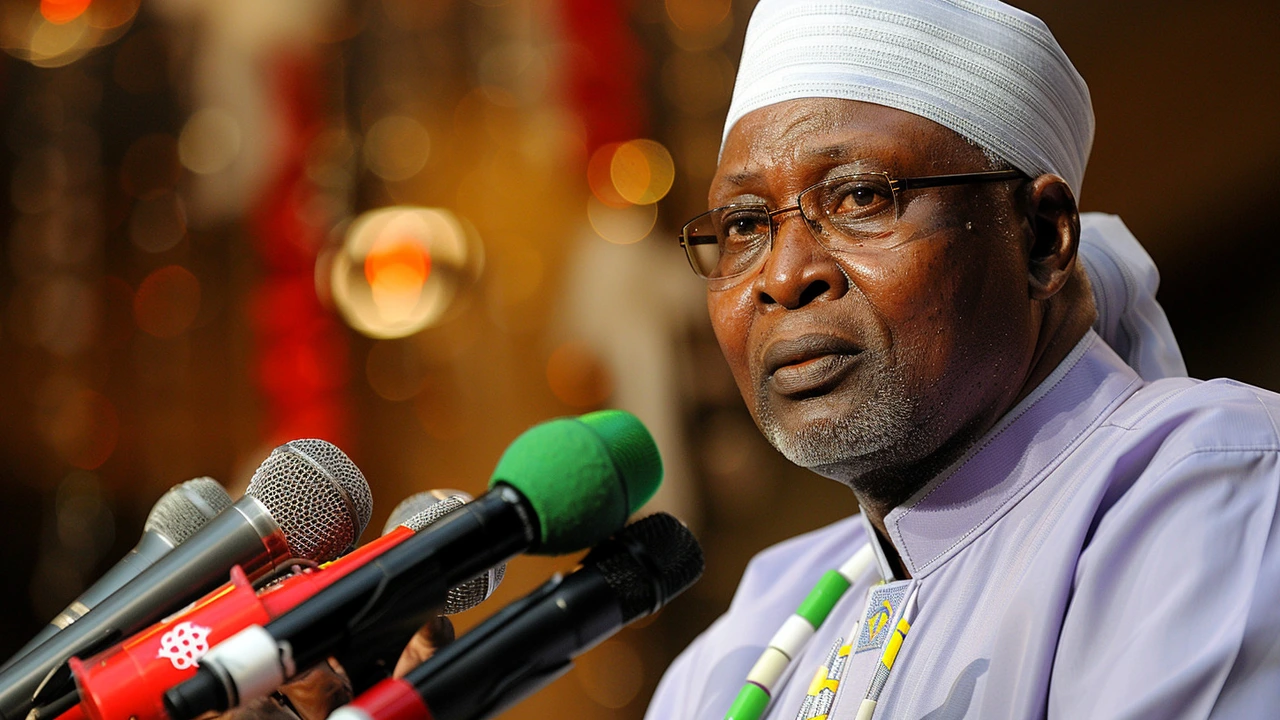Nigeria economy: what’s happening now and what to watch
Nigeria is one of Africa’s largest economies, but everyday life still feels rocky for many people. You probably notice higher prices, tricky currency moves, and debates about jobs and power. This page keeps you updated with clear, practical info—no jargon—so you know what matters.
Key signals to watch
Track a few simple indicators and you’ll understand the big picture fast: inflation (how fast prices rise), the naira exchange rate (local currency value vs. major currencies), fuel and power availability, foreign reserves, and oil production levels. When inflation spikes and the naira weakens, imports cost more and businesses struggle. If reserves rise and oil output steadies, that usually calms markets.
Policy moves also matter. Changes to fuel subsidies, central bank interest rates, and trade rules can shift markets quickly. Keep an eye on official announcements and IMF or World Bank programs—those often shape investor confidence and government choices.
Where the real opportunities are
Agriculture: Nigeria can feed millions and export more. Small- and medium-sized agribusinesses that improve storage, processing, and logistics have room to grow. Think rice milling, cassava processing, and cold-chain solutions.
Fintech and mobile payments: Nigeria’s tech scene keeps expanding. Startups that solve payments, credit access, or digital wallets for small traders are creating real impact—and attracting interest from global investors.
Energy and renewables: Power shortages push demand for off-grid solar, mini-grids, and energy services. Businesses that offer affordable, reliable energy to homes and factories often find fast uptake.
Manufacturing and local supply chains: High import costs make local manufacturing more attractive. Firms that localize inputs or improve factory productivity can gain market share and reduce exposure to import shocks.
Risks to keep in mind: politics and policy shifts, FX volatility, and infrastructure gaps like roads and reliable power. Security concerns in parts of the country affect logistics and costs too. Always factor these into any plan.
Quick checklist if you’re watching or investing: 1) Monitor inflation and naira trends weekly; 2) Check corporate governance and local partners; 3) Price in transport and power costs; 4) Look for government incentives or local content rules; 5) Diversify across regions and sectors.
Follow the Nigeria economy tag on Daily Africa Global News for updates, analysis, and on-the-ground stories. We’ll keep covering policy shifts, market moves, and real-life effects on businesses and households so you can act with better information.

Atiku Criticizes Nigeria's Economic Policies in Tinubu's First Year: Calls for Immediate Reforms
Former Vice President Atiku Abubakar has criticized President Bola Tinubu's first year in office, citing the country's ongoing economic struggles. He argues that Tinubu's policies have worsened macroeconomic stability, despite promises to revamp the economy, create jobs, and ensure food security.